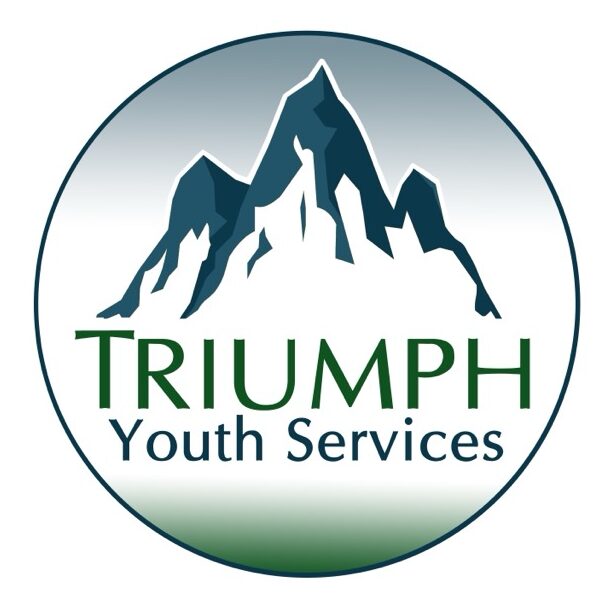Teen Drug Addiction
Teen Drug Addiction is a serious problem and one that almost always requires help outside the home to remedy the problem. Nearly all teenagers will be exposed to drugs at some point and many of them will try them. Obviously not all teens will become addicted to drugs, but some will. It can initially be difficult to tell if your teen is abusing drugs, but nearly all substances will produce warning signs and symptoms. Some of the warning signs of a teen abusing drugs are:
- Bloodshot or glazed eyes.
- Dilated or constricted pupils.
- Abrupt weight changes.
- Bruises, infections, or other physical signs at the drug’s entrance site on the body
- Increased aggression or irritability.
- Changes in attitude/personality.
- Lethargy.
- Depression.
- Sudden changes in a social network.
- Dramatic changes in habits and/or priorities.
- Financial problems.
- Involvement in criminal activity
- Bad grades
- Bloodshot eyes
- Laughing for no reason
- Loss of interest in activities
- Poor hygiene
- Diminished personal appearance
- Avoiding eye contact
- Frequent hunger or “munchies”
- Smell of smoke on breath or clothes
- Secretive behavior
- Unusual tiredness
- Missing curfew
Teen drug abuse is not something to take lightly. Dr. Kevin Wandler, the chief medical officer in Advanced Recovery systems said: “Teens have chemically naive brains that have not been exposed to drugs or alcohol. The neurochemical effects that they get are much more intense than folks older than 25.” There is mixed research on gateway drugs, but studies have proven that people who have tried alcohol, marijuana or tobacco are more significantly affected by harder drugs. Such gateway drugs can also exacerbate the symptoms of other mental health conditions, such as attention-deficit/hyperactivity disorder. Thus, trying gateway drugs during youth can lead vulnerable teens down the path to addiction. If you have any suspicion your teen may have a drug abuse problem, don’t hesitate to confront them. The sooner the problem is addressed and help is given, the more likely there is a chance of recovery. And depending on the degree of the abuse problem, outside help is almost always necessary. Don’t hesitate to reach out for help. If you have ANY questions, please don’t hesitate to contact us here at Triumph. We’re truly here to help.
